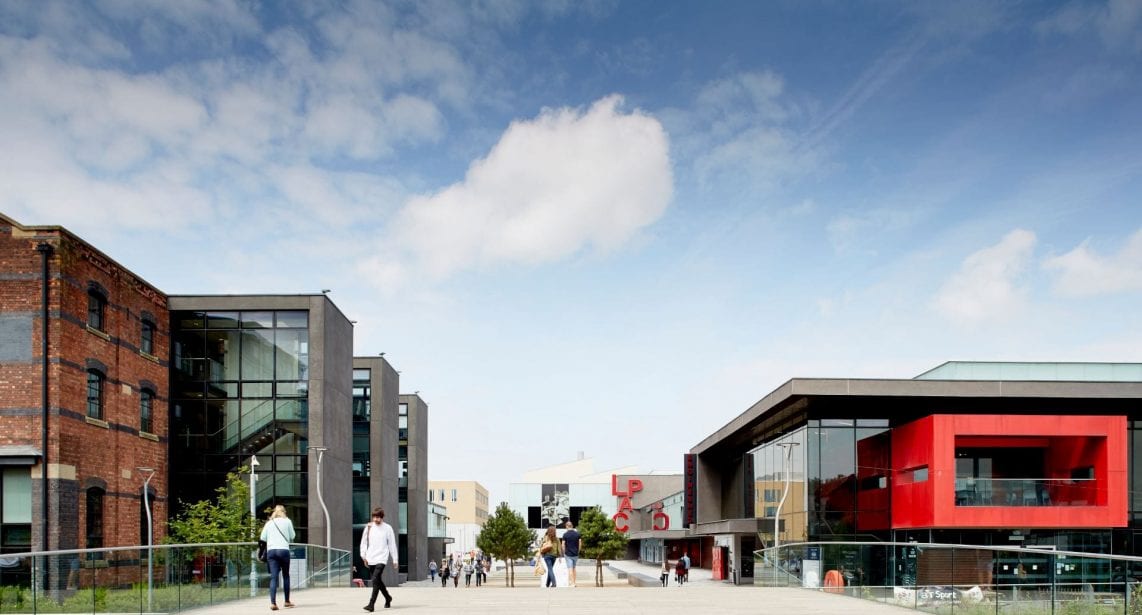I am writing this post listening to the sound of Wikipedia being edited in real time. The one sound I never hear is silence, a powerful reminder of the site’s pervasiveness. The task of Thing 10 is to spend some time with Wikipedia by playing the Wikipedia Adventure Game, a tutorial designed to teach new editors the skills they need to create and modify Wikipedia articles or by exploring Wikimedia Projects. The following is a reflection on my experience of the former.
Initial Thoughts

As a librarian and associate lecturer, I find that conversations about Wikipedia typically straddle an uncomfortable fence between prohibiting and encouraging its use. ‘Use it but don’t cite it’ seems to be a common attitude, and often an unhelpful one, unless one clarifies what is meant by use. To teaching staff and librarians, ‘use’ usually means that we or our students can read a Wikipedia article for general background, to gather further reading, or to quickly check facts that do not need to be cited. It would be interesting to learn more about how Lincoln students themselves see the use of Wikipedia for academic work: what do they take away from what we tell them about it? What has their previous experience been? Are any of them editors? I wonder how I can incorporate these questions into interactive activities for induction or embedded teaching sessions…
I am also interesting in talking with academic and librarian colleagues about Wikipedia. Anecdotally, the place where Wikipedia typically shows up is cases of deliberate or accidental plagiarism. These suggest that Wikipedia use sometimes comes in towards the middle or the end of the research and writing process, rather than the beginning, perhaps as the result of last-minute panic about finding information. Outside of plagiarism cases, I have heard Wikipedia come up most frequently among late antique and early medieval historians–indeed, a lecturer I used to teach for would recommend some of these pages to his students as a good starting point for reading around a particular subject, and finding up-to-date academic reading to pursue. Correlation does not imply causation, of course, but it just so happened that material from Wikipedia was not copied or cited in the four years I taught for his class.
If you can’t beat them, join them!
Conversations with I’ve had with students and teachers about when and how to use Wikipedia have always focused only on reading. This is a missed opportunity. In exploring the subject, I was particularly struck by the range of ways in which Wikipedia is being used as a pedagogical tool. The University of Edinburgh is a particular standout, and even a quick glance through the Wikipedia UK page shows the range of ways in which it is being used as an educational tool, as well as the ways in which members of the British higher education community are actively thinking about its use. At the conferences I attend as a historian and history librarian, editathons are becoming an increasingly common event on the programme.
With these experiences in mind, I decided to play the Wikipedia Adventure Game instead of exploring Wikimedia Foundation projects. After about an hour, in which a jolly and inexorable blue alien guided me through the seven adventures of creating a profile, collaborating on an article, formatting, making edits, adopting a balanced point of view, citing sources, and communicating politely with other users, thus giving me the basic skills to edit Wikipedia. While I would want to spend more time practising, making mistakes, and getting used to the way Wikipedia works before trying to use it in the classroom, I was surprised by the straightforwardness of the learning experience, and how it promoted further engagement. I immediately signed myself up to the WikiProject Women in Red–should I continue editing Wikipedia on my own time after this experience, I want to contribute to improving its representation of women.
Final ThoughtS
After this experience of thinking about and learning to edit Wikipedia, I am making it a goal to attend an editathon wherever the opportunity presents itself in the 2019-2020 academic year. Longer term, it would be neat to talk to our SU about hosting an editathon as part of an LGTBQ+, Black History, or Women’s History Month campaign (or, if this has happened already, get the library involved in it!) Perhaps even longer term than that, supporting or collaborating with teaching staff in the use of Wikipedia in the classroom is something I would like to work towards.
